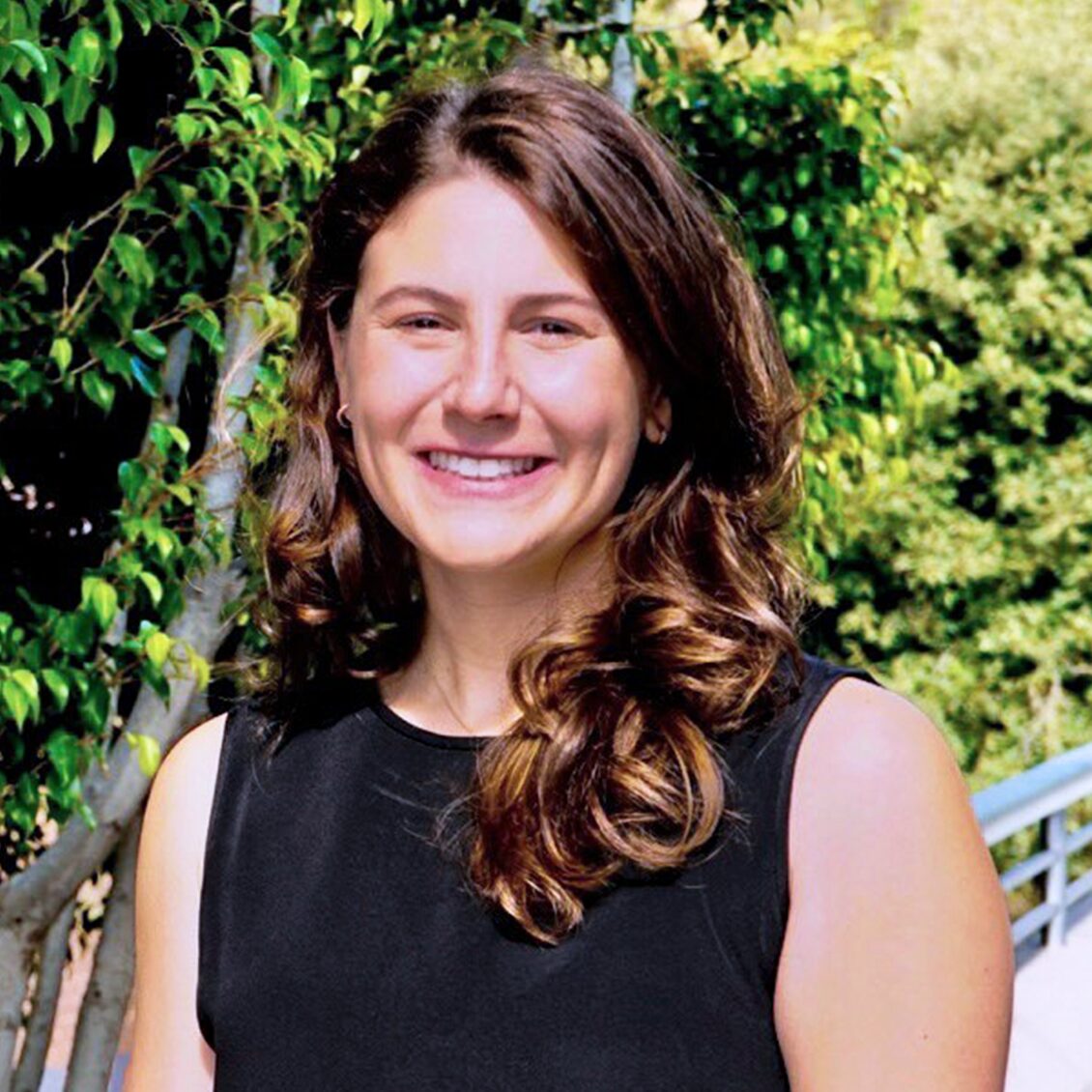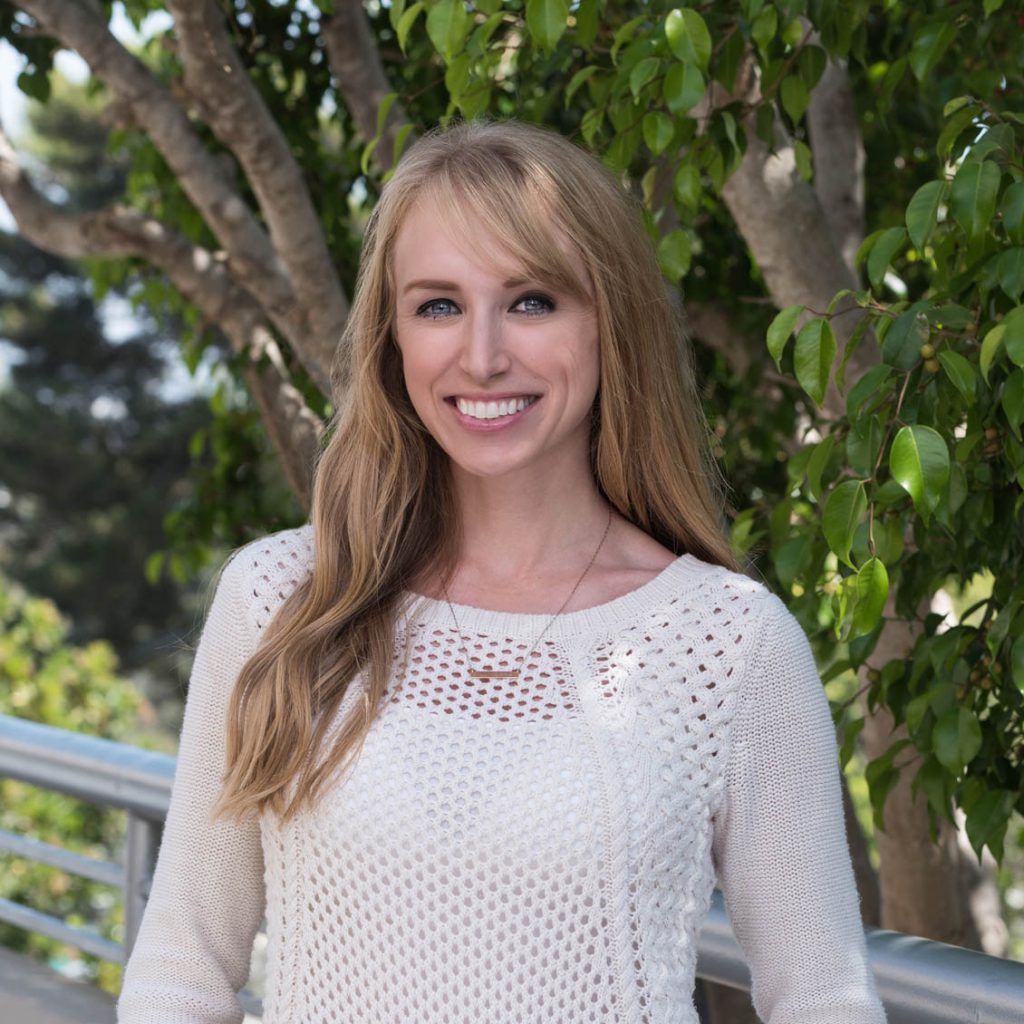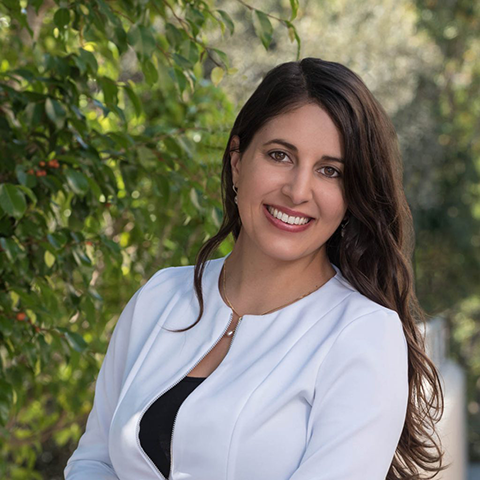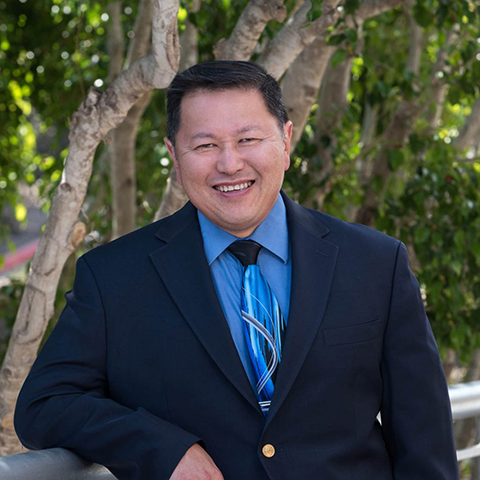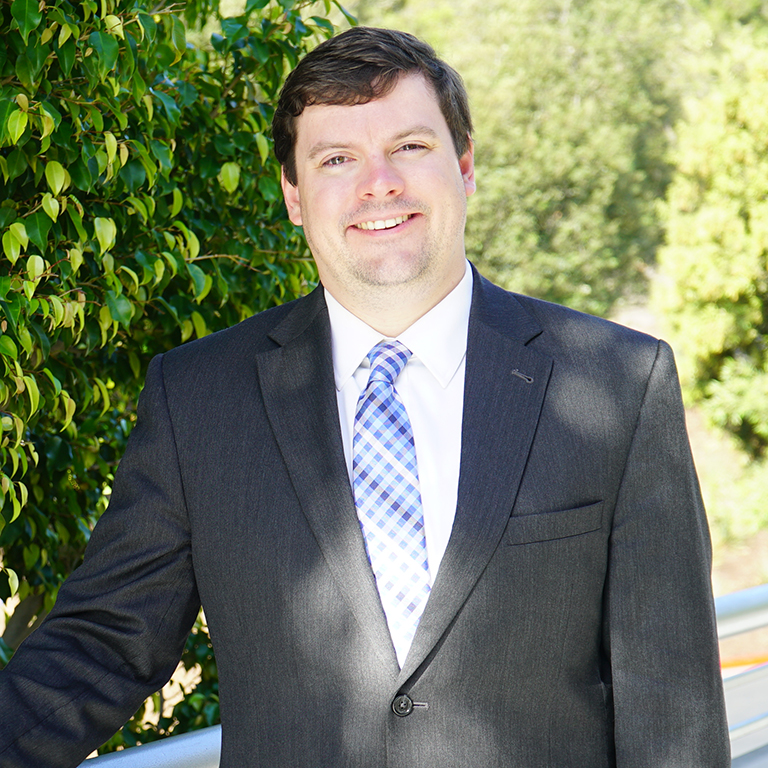|
What’s Inside: Midterm Election Results; Inflation Reduction Act; California’s Potential $24 Billion Deficit; and more.
|
The Latest On Midterm Elections
The 2022 elections will be remembered for intense drama and more leads changing on a daily basis than any in recent memory. At the federal level, the number of Democrats and Republicans remained largely the same after a number of close calls. Looking to Sacramento, although some of the names changed, Governor Newsom will return for a second term and the Democrat-Republican ratios will be largely the same. The Bay Area and Los Angeles regions had significant officeholder and ballot measure decisions before the voters, while in San Diego things went largely as expected.
|
|
Congressional Elections Results
California, which lost a seat in Congress due to redistricting, had some of the closest congressional races this election cycle. Adam Gray conceding to John Duarte on December 2 finally settled the makeup of the California Delegation, with 40 Democrats and 12 Republicans starting in January 2022. View a full recap of the congressional elections here.
|
|
IRA Provisions That Go into Effect in January 2023
Several provisions of the Inflation Reduction (IRA) will be implemented beginning January 1, 2023. A one-month supply of insulin will be capped at $35 for Medicare Part D beneficiaries’ out-of-pocket costs and deductibles won’t apply to insulin. Part D-covered adult vaccines such as shingles and Tdap will be available at no cost to Medicare beneficiaries.
|
|
State Legislative Elections
Looking to Sacramento, some of the names in the Legislature changed with 24 new members elected to the Assembly and nine new members elected to the Senate. Two of the contests are now officially the closest in state history and remain too-close-to-call. Governor Newsom will return for a second term, and the partisan splits in the Legislature will remain about the same with Democrats enjoying strong supermajorities with over 75 percent control in both houses. View a full recap of the state elections here.
|
California Legislature Convenes for 2023-2024 Session
The California Legislature convened on Monday, December 5, to organize the houses for the 2023-24 legislative session. The legislature already has several important items on the agenda, including addressing a budget deficit and a proposal to impose a gas profits windfall tax on oil companies.
|
California on Track for $24 Billion Budget Deficit
The California Legislative Analyst’s Office recently released a revised report that forecasts a $24 billion budget deficit resulting from lower-than-expected revenue next year. The state budget reserve (“rainy day fund”) is currently equal to about $23 billion. You can read an article by the Sacramento Bee here.
|
|
|
|
|
|
|
San Diego
|
San Diego County Election Results
San Diego’s closest watched City Council race in District 6 ended with Kent Lee winning by a larger margin than predicted. Several city ballot measures barely passed and county races went as expected. Find in-depth elections results as well as races from throughout the county here.
|
|
|
|
Los Angeles
|
Los Angeles Election Results
Karen Bass narrowly defeats Rick Carouso to win the LA mayor’s race. She becomes the first female mayor in the city’s history. There is also an all female board of supervisors maintained at the county level. For more information on city council races and local ballot measures click here.
|
|
|
|
Bay Area
|
Bay Area Election Results
In the Bay Area, San Francisco voters opted for more moderate candidates after expressing concerns about public safety issues. Measure DD in South San Francisco, which would have imposed a parcel tax on the life science industry there, was defeated. Sheng Thao won the Oakland Mayor’s race by less than 700 votes and a Richmond City Council race was decided by drawing a name from a hat after a tie. For more results from throughout the Bay Area, go here.
|
Biocom California Extends Thanks to South San Francisco City Manager Mike Futrell
Biocom California extends a heartfelt thanks to outgoing South San Francisco City Manager Mike Futrell for his many years of supporting the life science industry in the city. Last month, Futrell announced he has accepted a new role as City Manager of Riverside starting in January.
Futrell led South San Francisco out of the 2008 Great Recession, strengthening city finances and leading the city to achieve its first AAA credit rating while improving quality of life with investments in city infrastructure and programs. He managed South San Francisco through the COVID-19 pandemic, touting the city’s support of the life science industry as one of its pillars of economic stability. Under Futrell’s leadership, South San Francisco developed into the “Biotechnology Capital of the World,” home to over 250 life science companies.
Futrell has been a standout champion for life sciences during his tenure at South San Francisco; he always made himself available to assist Biocom California members with their plans for expansion or relocation in the city, to get their input on city services, and to work with our staff on initiatives to support the industry.
|
|

vgb
mnxcn,vccxv
cbv
|
|
Mike Futrell speaks with Biocom California members in February 2020 about Caltrain service expansion in South San Francisco.
|
|
|
|
|
|
|
|
Zoe Bilis
Associate Manager of Regulatory Policy
Washington, D.C.
|
|
|
Emily Cassel
Govt. Affairs Events & Project Manager
San Diego
|
|
|
Laure Clark
Sr. Director, Federal Policy & Govt. Affairs
Washington, D.C.
|
|
|
|
Melanie Cohn
Sr. Director, Regional Policy & Govt. Affairs
SD, LA, Bay Area
|
|
|
Jimmy Jackson
Senior Vice President & Chief Policy Officer
San Diego
|
|
|
|
Richard White
Associate Manager of Federal Advocacy
Washington, D.C.
|
|
Biocom California Advocacy
Biocom California is the largest, most experienced leader and advocate for California’s life science sector. Our public policy staff is strategically located in the Bay Area, Los Angeles, San Diego, Sacramento and Washington, D.C. We work with all levels of federal, state, and local governments to collectively pursue outcomes that benefit regional life science growth and contribute to a more innovation-friendly state. With over 27 years of experience, Biocom California works on behalf of more than 1,700 member companies statewide.
|
|
|




